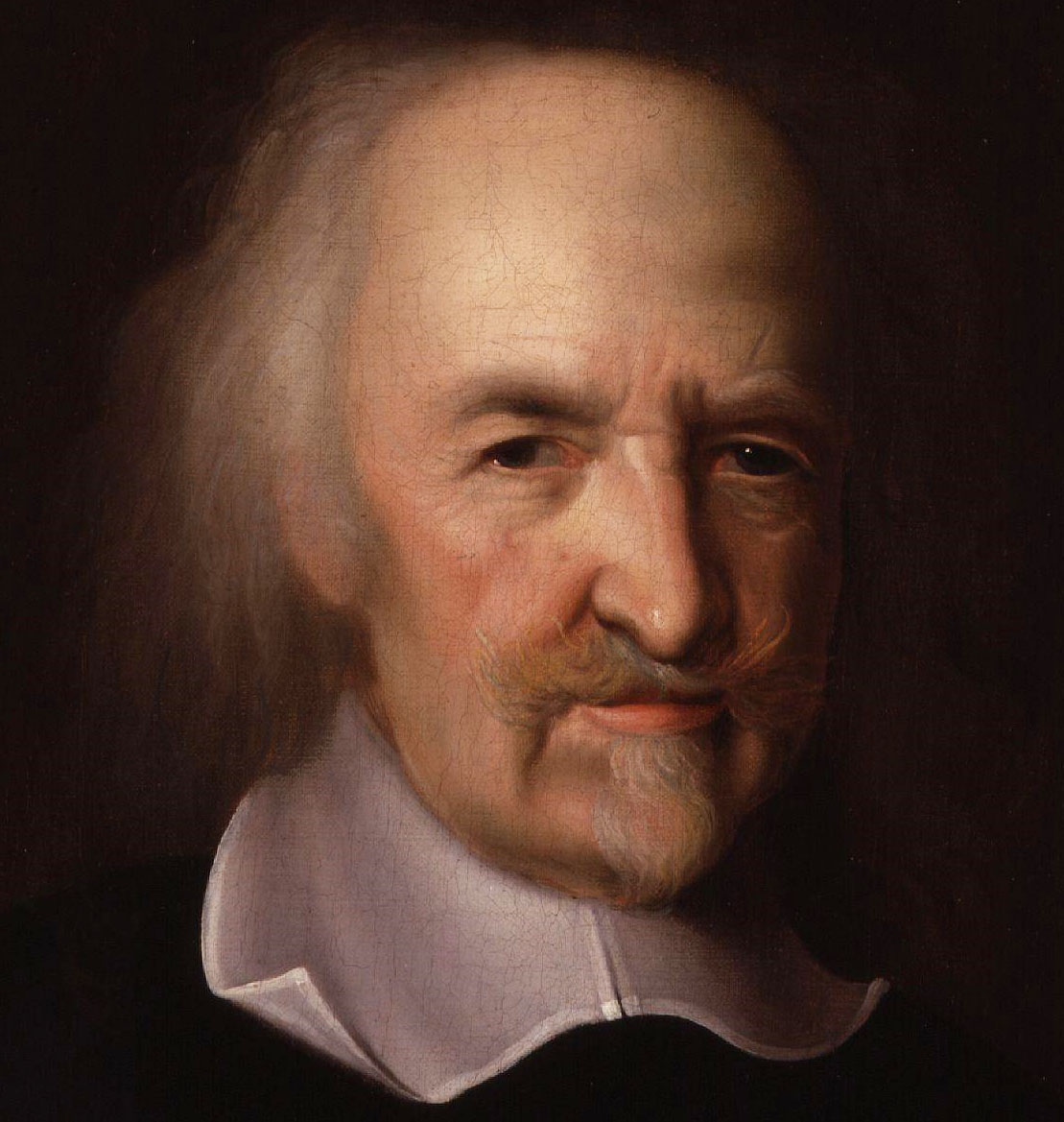With the end of the year comes the usual lists of best films along with professional and amateur Oscars award predictions. Most of the lists you’ll find on the internet contain Les Miserables, Lincoln, Argo, Zero Dark Thirty, Life of Pi, Django Unchained, Moonrise Kingdom, The Master, and The Dark Knight Rises. Although I have not watched all of these films yet, two of them have stood out to me for different reasons.
Les Miserables is undoubtedly my favorite picture of the year. I think the film adaptation of the Broadway musical benefited from “live” musical performances over the typical lip synched songs that that the actors previously recorded in a studio. With Les Miserables, Tom Hooper wanted his cast to sing live on the set and this aspect contributed to making the film phenomenal. The movie was reflective of Victor Hugo’s romanticism which was evident in his writings. The aesthetic experience of the film (like Hugo’s novel but obviously much shorter) was distributed through the strong portrayal of human emotions. Suffering, angst, grief, and joy were wonderfully portrayed by the cast and, coupled with the live singing, created a powerful film.
The Dark Knight Rises was my second favorite this year. Although I am not a fan of comic books and film adaptations of comic books, I was pleasantly surprised by The Dark Knight Rises. In addition to the incredible visual effects, the dialogue and concepts displayed through the characters of Batman and Bane were fascinating. Something about the plot kept prodding the philosopher in me but I could not put my finger on it. It was after watching the entire film that I figured out what caused my reasoning to go into hyper speed and my thoughts went back to The Enlightenment.
The Enlightenment (17th and 18th centuries) brought dramatic changes to Western thought particularly in the disciplines of politics, philosophy, and science. Scientists such as Isaac Newton, Robert Boyle, and Edmond Halley as well as philosophers such as Pierre Bayle, Voltaire, Baruch Spinoza, John Locke, Voltaire, Montesquieu, and Thomas Hobbes helped make this a revolutionary period in the history of Western thought. Among other fields, the field of political philosophy was greatly affected by this period. Political concepts such as the social contract theory, natural rights, the consent of the governed, and equality were developed or brought to prominence during the Enlightenment. Philosophers and the ideas they developed out of this period served as the foundation of modern liberal political theory.
Among all these great thinkers, The Dark Knight Rises brings one particular man to my mind. The 17th century British philosopher, Thomas Hobbes, was known for his part in  developing the social contract theory and for writing the classic book Leviathan. In this 1651 book, Hobbes advocated the social contract and rule by an absolute sovereign. Essential to Hobbes’ ideas about the social contract is the state of nature. Hobbes defined the state of nature as the “natural condition of mankind” that would exist if there were no government and no authority to restrain human nature.
developing the social contract theory and for writing the classic book Leviathan. In this 1651 book, Hobbes advocated the social contract and rule by an absolute sovereign. Essential to Hobbes’ ideas about the social contract is the state of nature. Hobbes defined the state of nature as the “natural condition of mankind” that would exist if there were no government and no authority to restrain human nature.
Hobbes referred to the state of nature as a “war of all against all” and famously described life in the state of nature as “solitary, poor, nasty, brutish, and short.” In order to transition a society from the state of nature to civility, its people mutually agreed to create a state and give up their power to the state in return for the protection of their well-being. For Hobbes, the ideal state is headed by a sovereign who has absolute power; a power that is consensually given by the people to him or her. This is the social contract as presented by Thomas Hobbes.
The “state of nature” is a good description for the society in Gotham that Bane created. Ironically, it was the social contract in reverse – Bane desired a dissolution of that contract. Bane regressed Gotham from a civil society to the state of nature in order to destroy Gotham (the state). Bane wanted destruction and chaos, Hobbes wanted peace and order. Bane wanted a civil war to destroy the state, Hobbes wanted to create and preserve the state. Gotham’s state of nature was clearly seen when Bane whips his supporters into frenzy as they pillage the homes of and beat the wealthy. Ever the populist, Bane knows exactly which buttons to press in order to create a society that certainly is nasty and brutish and most likely would shorten the lives of its inhabitants.
In one of his many memorable lines, Bane addresses the crowd at the football stadium, “Gotham, take control…take control of your city. Behold, the instrument of your liberation!” Prior to blasting open the gates of the prison and releasing its prisoners, Bane cries out, “We take Gotham from the corrupt! The rich! The oppressors of generations who have kept you down with myths of opportunity. And we give it to you, the people. Gotham is yours! None shall interfere, do as you please.” Surely, Bane is the deceiver as he knows why he is doing all this. Whereas the people of Gotham think this is a permanent restructuring of Gotham by performing justice and redistributing wealth, Bane knows this is not the case. This is all about turning Gotham into ashes. Bane’s carrot on the stick was hope and redemption and the people fell for it.
Although Bane embodies the antithesis of Hobbes’ Leviathan, there is one similarity. Both of them knew the destructive effects of the state of nature. Bane knew that allowing people to live without legal restraints of any kind and offering them the limitless satisfaction of their appetites would degenerate into destruction. This does not mean that Gotham’s state of nature is exactly what Hobbes portrayed in the Leviathan. However, there are enough commonalities in both states that caught my attention when I was watching The Dark Knight Rises. Bane’s delight was Hobbes’ sad truth. After all, Gotham was “a war of all against all.”








